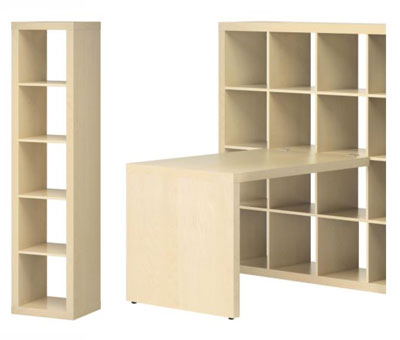The economics of fairness, or pass the lutefisk

Natalie Angier is a science journalist—and an outspoken athiest—with a thirst for. . . . fairness? At least that’s the case in her recent piece for the New York Times, in which she explores the wealth gap that’s helped spur our worst economic crisis since the Great Depression in light of research on human nature and the evolution of human social organization. Interesting to point out that another NYT study bills the average top executive’s salary at ten million dollars and rising twelve percent per year.
And just who’s fair?
Angier spells it out for us:
Darwinian-minded analysts argue that Homo sapiens have an innate distaste for hierarchical extremes, the legacy of our long nomadic prehistory as tightly knit bands living by veldt-ready team-building rules: the belief in fairness and reciprocity, a capacity for empathy and impulse control, and a willingness to work cooperatively in ways that even our smartest primate kin cannot match.
In The Fair Society: The Science of Human Nature and the Pursuit of Social Justice, Peter Corning draws on evidence similar to what Angier cites in her article: the evolutionary record, along with the latest findings from the behavioral and biological sciences. The result? A provocative argument for the innate fairness of human beings, and the advancement of a new Biosocial Contract that takes lessons akin to those gleaned from the Kung bushmen of the Kalahari and the Ache hunter-gatherers in eastern Paraguay and applies them to the Madoffs and Enrons in our midst.
Is capitalism at a crisis point? Angier uncovers a study “in which Americans were given the chance to construct their version of the optimal wealth gradient for America.” Both Republicans and Democrats ended up with a chart with a degree of income inequality that looked much more like Sweden’s than that of the United States.
Chimpanzees might not carry a log together, but I’ve seen a conspicuous consumer or two lend a hand in understanding Ikea’s cart-schlepping escalator. Corning reminds us there are real reasons why we might band together and build that Expedit shelving system arm-in-arm:
